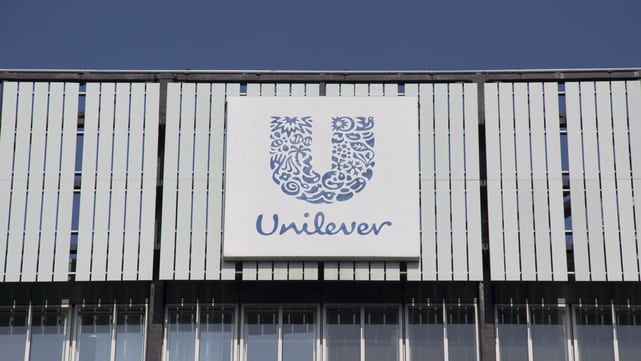The change in headquarters is part of the Anglo Dutch consumer giant’s major transformation programme to create a “simpler, more agile and more focused business”.
In addition to simplifying its business into a single legal entity based in the Netherlands, the maker of Dove soap and Marmite has decided to restructure its group along three key divisions – beauty and personal care, home care and foods and refreshment.
Its shares will continue to be listed in London, New York and Amsterdam and the headquarters of two out of the three divisions, beauty care and home care, will remain in the UK capital.
The firm was also keen to point out that the overhaul of its group structure would not result in the loss of UK jobs and would free up £1bn of continued spending in Britain per annum, which includes a “significant commitment” to research and development.
Currently the group has an unusual dual-headed legal structure with one management team and two separately listed parent companies, a Dutch NV and UK plc, headquartered in Rotterdam and London.
The move to a single legal entity will strengthen Unilever’s corporate governance, according to the firm, ensuring for the first time that all shares carry a vote. It will also simplify liquidity issues , as 55% of its shares are in the NV entity
The NV structure was chosen because more than 55% of the group’s shares are in the Dutch parent company and “trade with greater liquidity than the PLC shares”, the firm said.
In a statement to shareholders, Unilever chairman Marijn Dekkers stressed the decision to simplify the group’s structure “will create a simpler, more agile and more focused company with increased strategic flexibility for value-creating portfolio change”, but did not mention Brexit specifically.
“Our decision to headquarter the divisions in the UK and the Netherlands underscores our long-term commitment to both countries,” he said.
The group’s chief executive Paul Polman, however, insisted that the decision following a year-long review “has nothing to do with Brexit”.
Problems ahead for star managers
But the decision taken by the UK’s third largest corporate to abandon its London headquarters is already being viewed as a blow to prime minister Theresa May and a sign of waning confidence in the post-Brexit landscape.
“Making the main headquarters in Rotterdam will hurt Theresa May at a key point in Brexit negotiations with the EU,” said Lee Wild, head of equity strategy at Interactive Investor.
“It is significant that Unilever’s decision to simplify its corporate structure comes just six weeks after lacklustre full-year results and with last year’s $143bn takeover approach from Kraft Heinz still fresh in the memory,” Wild added.
“Not only will the three major divisions enjoy greater autonomy, but it should be far more straightforward when it comes to ‘strategic portfolio change’, or serious M&A.”
City analysts have also warned that the firm could be forced to leave the FTSE 100 when it relocates to Rotterdam.
This could prove a major problem for some of Britain’s biggest investors, like Nick Train, who holds 9.3% of his £1.2bn Finsbury Income and Growth trust in the consumer goods firm, and Hugh Yarrow and Ben Peters, who hold 7.9% in their £2bn Evenlode Income fund.
For the time being, The Share Centre analyst Ian Forrest said the broker is maintaining its buy rating for lower risk investors as the group “continues to see the benefits of its cost-cutting measures and good growth in key emerging markets” and boasts “a healthy dividend”.










